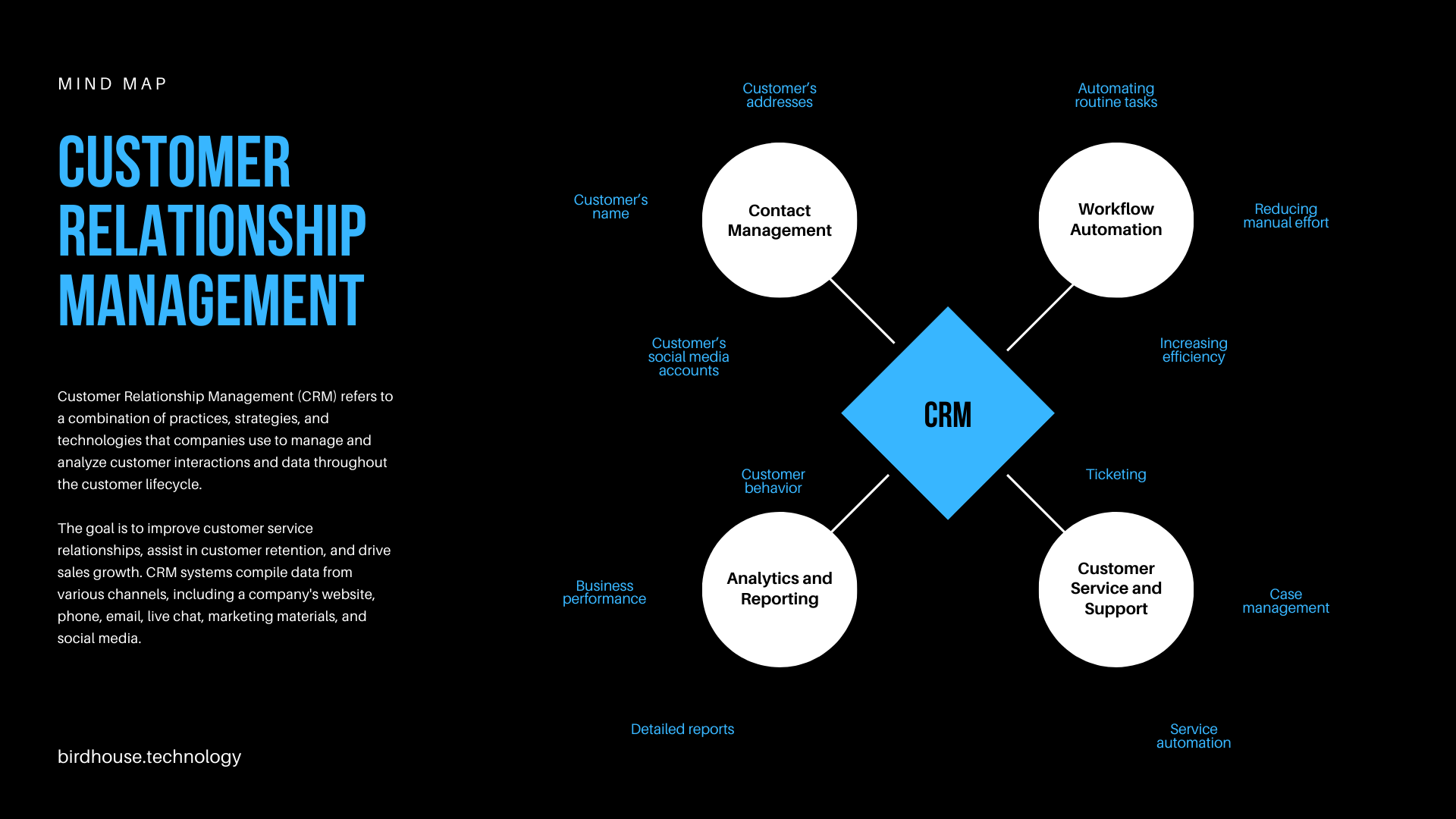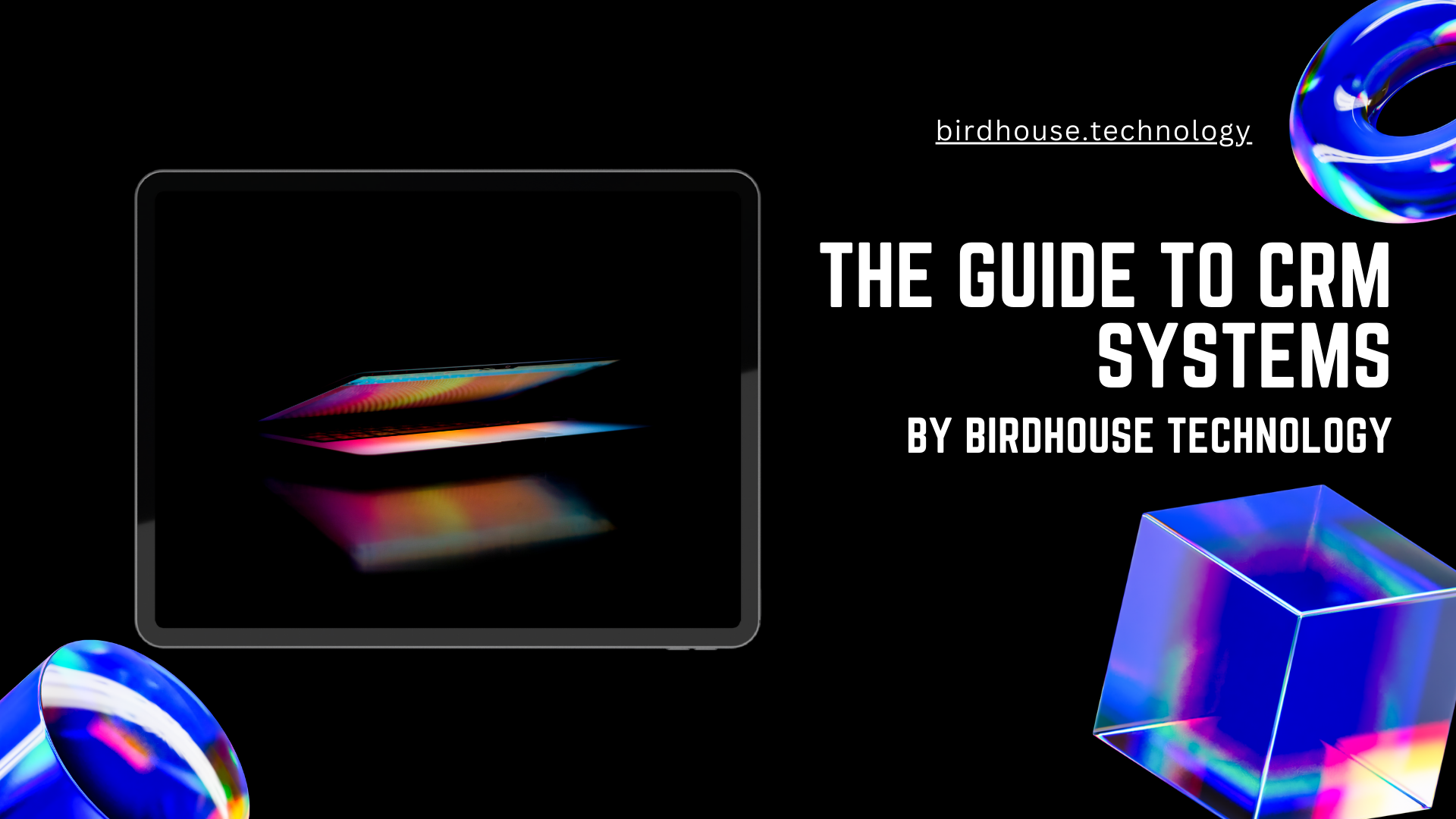Customer Relationship Management (CRM) systems have revolutionized how businesses interact with their customers. These tools streamline processes, enhance customer satisfaction, and boost overall profitability. In this article, we’ll dive deep into what CRM is, its key features, benefits, and how it can transform your business.
What is a CRM System?
Customer Relationship Management (CRM) refers to a combination of practices, strategies, and technologies that companies use to manage and analyze customer interactions and data throughout the customer lifecycle. The goal is to improve customer service relationships, assist in customer retention, and drive sales growth. CRM systems compile data from various channels, including a company’s website, phone, email, live chat, marketing materials, and social media.

Key Features of CRM System
CRM systems are equipped with several essential features that facilitate efficient customer management.
- Contact Management: Stores and organizes customer information, such as names, addresses, and social media accounts, in a centralized database.
- Sales Management: This role tracks sales activities, processes, and pipelines, helping sales teams manage their work more efficiently.
- Marketing Automation: Automates repetitive marketing tasks, such as email campaigns, social media posts, and ad placements, allowing for personalized and timely interactions.
- Customer Service and Support: Provides tools for managing customer service operations, including ticketing, case management, and service automation.
- Analytics and Reporting: Offers insights into customer behaviour and business performance through detailed reports and dashboards.
- Workflow Automation: Streamlines business processes by automating routine tasks and workflows, reducing manual effort and increasing efficiency.
- Mobile Access: Ensures that CRM data is accessible from mobile devices, enabling teams to work from anywhere.
- Integration Capabilities: Allows integration with other business tools and platforms, such as ERP systems, email, and social media.

Benefits of CRM Systems
The benefits of CRM systems are manifold. By keeping detailed records of every customer interaction, CRM helps businesses better understand their customers and provide personalized service, improving customer relationships. CRM tools track customer interactions and sales pipelines, helping sales teams manage their leads and close deals more effectively, thus increasing sales. Additionally, CRM systems offer insights into customer satisfaction and issues, enabling businesses to address concerns promptly and build loyalty, which enhances customer retention. Marketing automation features create targeted campaigns that reach the right audience at the right time, increasing conversion rates.
How CRM Systems Transforms Businesses
CRM systems transform businesses in several ways.
- Personalized Customer Experience: By tailoring interactions based on individual customer preferences and past interactions, CRM systems create a more personalized experience.
- Streamlined Sales Processes: CRM tools help sales teams manage leads, track progress, and close deals faster, reducing the time and effort required to convert prospects into customers.
- Improved Customer Support: CRM systems enable customer support teams to manage inquiries efficiently, track service issues, and provide timely resolutions, leading to higher customer satisfaction.
- Data-Driven Decisions: With comprehensive analytics, businesses can understand customer behaviour, track performance metrics, and make informed decisions to drive growth.
- Scalability: CRM systems are designed to grow with your business, accommodating increased data and more complex processes as your customer base expands.
- Enhanced Team Collaboration: By providing a unified platform for customer data, CRM systems enhance communication and coordination between different teams, such as sales, marketing, and customer support.
Real-World Examples
Several companies have successfully implemented CRM systems to transform their customer relationship management.
Salesforce, one of the most widely used CRM platforms, offers a comprehensive suite of tools for sales, service, marketing, and more. It has helped companies like Adidas and Coca-Cola streamline their operations and improve customer engagement.
HubSpot CRM is known for its user-friendly interface and powerful marketing tools, enabling businesses of all sizes to enhance their inbound marketing efforts and drive growth.
Zoho CRM offers a flexible and affordable CRM solution that has been instrumental in helping small and medium-sized enterprises manage their customer relationships more effectively.
Microsoft Dynamics 365 is a CRM and ERP solution that integrates seamlessly with other Microsoft products, providing a unified platform for managing customer interactions and business operations.
Birdhouse CRM has played a vital role in helping businesses of all sizes enhance customer interactions and streamline operations. With its comprehensive customer insights, automated workflows, real-time analytics, and scalable solutions, Birdhouse CRM has enabled companies to achieve significant improvements in customer satisfaction and profitability.
Conclusion
A CRM system is more than just a tool for managing customer data; it’s a strategic asset that can transform your business. By improving customer relationships, increasing sales, enhancing marketing efforts, and providing actionable insights, a CRM system empowers businesses to achieve their goals and drive growth. Investing in a CRM solution tailored to your business needs can lead to significant improvements in efficiency, customer satisfaction, and profitability. As the digital landscape continues to evolve, adopting a robust CRM system will be crucial for staying competitive and meeting the ever-changing demands of customers. Ready to revolutionize your customer relationship management? Discover how Birdhouse CRM can help you achieve unparalleled growth and efficiency. Visit our website at Birdhouse Technology to learn more.
